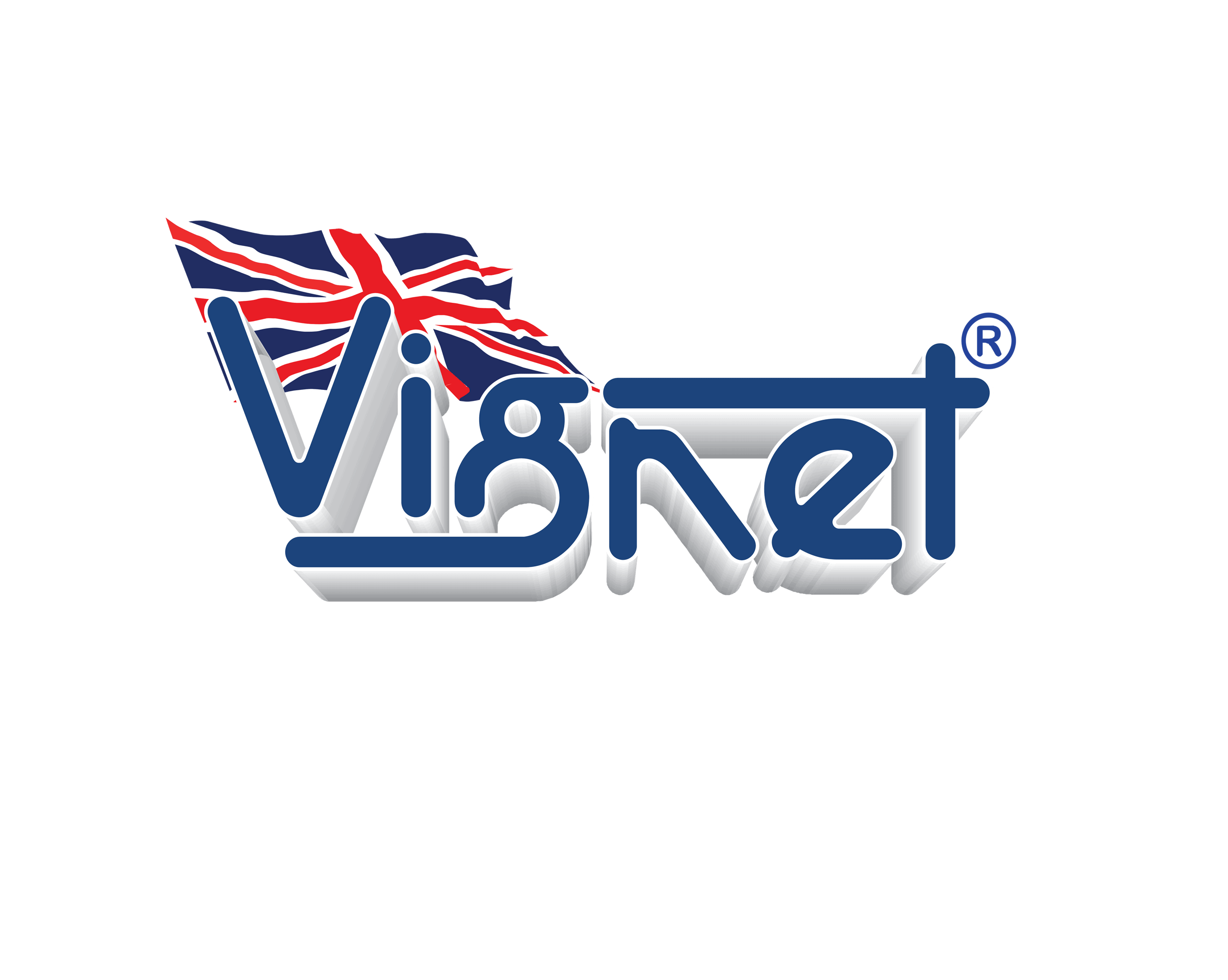Introduction:
Medication addiction is a complex and really serious issue that affects individuals, people, and societies globally. It really is a chronic, relapsing brain condition described as compulsive medicine looking for and use despite harmful consequences. This report is designed to provide a brief overview of medicine addiction, its factors, effects, and potential solutions.
Factors behind Drug Addiction:
There are many different aspects that donate to medication addiction. The initiation and power of medicine usage are influenced by genetic, ecological, and mental factors. Many people may have a higher vulnerability to become addicted because of hereditary predispositions. Ecological factors, like peer stress or exposure to medicine availability, may play an important role. Additionally, psychological state disorders, childhood upheaval, and stress can increase the likelihood of developing an addiction.
Consequences of Drug Addiction:
Drug addiction has damaging effects not merely for individuals experiencing it but in addition for their loved ones and communities. It leads to actual and emotional harm, including organ damage, damaged intellectual function, and increased risk of psychological state disorders. Lasting drug abuse can severely impact your private relationships, occupations, and total total well being. In addition, medication addiction puts a substantial burden on medical methods and contributes to unlawful tasks and personal instability.
Worldwide Effect:
Medication addiction is an international crisis influencing nations around the world. In accordance with the United Nations Office on Drugs and Crime (UNODC), roughly 269 million men and women globally used medications at least one time in 2018. Additionally, an estimated 35 million people undergo medication usage disorders, with opioid addiction becoming a significant concern. The economic expenses of drug addiction tend to be staggering, including health expenditures, lost productivity, and unlawful justice expenditures.
Prevention and Treatment:
Avoidance methods are crucial to tackling medication addiction. Knowledge and understanding programs that emphasize the risks of medication use might help deter people, specially young adults, from tinkering with medicines. In addition, guidelines that restrict drug access and control prescription techniques can play a significant role in preventing drug use.
Regarding treatment, a thorough approach that features health, psychological, and personal treatments is essential. Detoxification, guidance, and behavioral treatments are generally used treatment options. Medication-assisted treatment (MAT) may also be effective, specifically for opioid addiction. However, usage of these treatments stays restricted in lots of regions, best rehab thailand which makes it necessary to address barriers to process accessibility and affordability.
Conclusion:
Medication addiction is a complex societal concern that poses significant difficulties around the globe. Its factors are multifaceted, including hereditary, ecological, and emotional elements. The consequences of addiction tend to be detrimental to people, households, and communities, affecting real and psychological state, interactions, and socio-economic stability. Prevention attempts, coupled with extensive therapy techniques, are important for handling this crisis successfully. To fight medicine addiction, a collaborative effort between governments, healthcare providers, communities, and individuals must boost awareness, offer help, and enhance accessibility treatment resources. Just through concerted attempts can we hope to alleviate the burden of medicine addiction and pave the way for a more healthy and better future.
